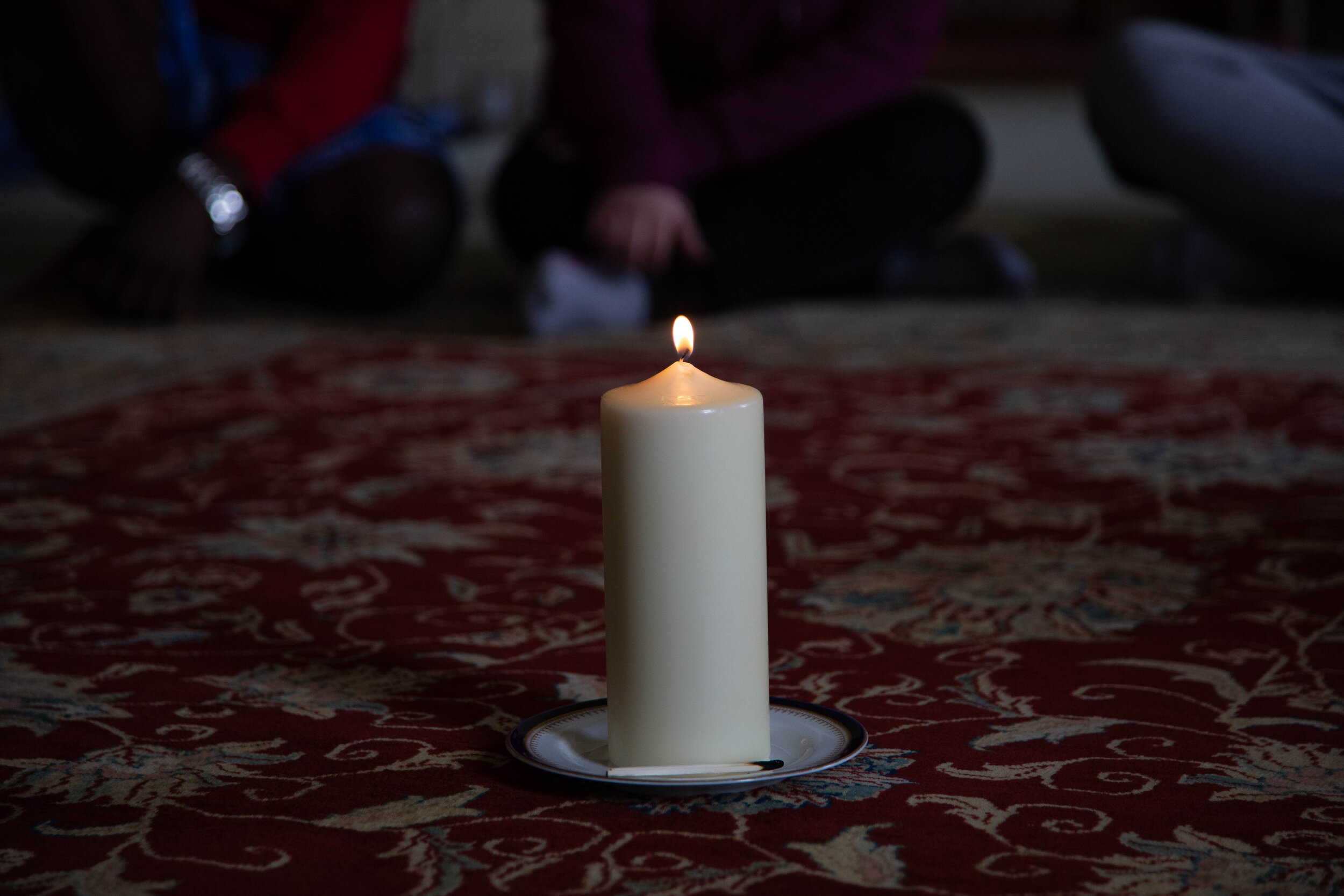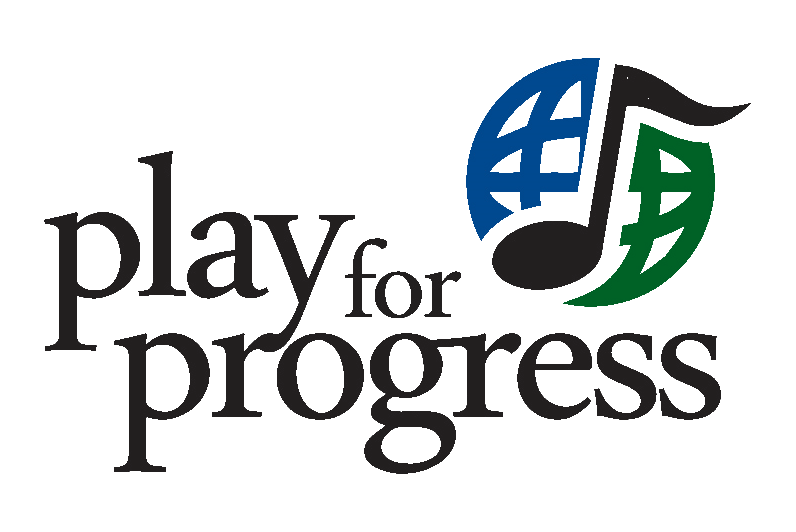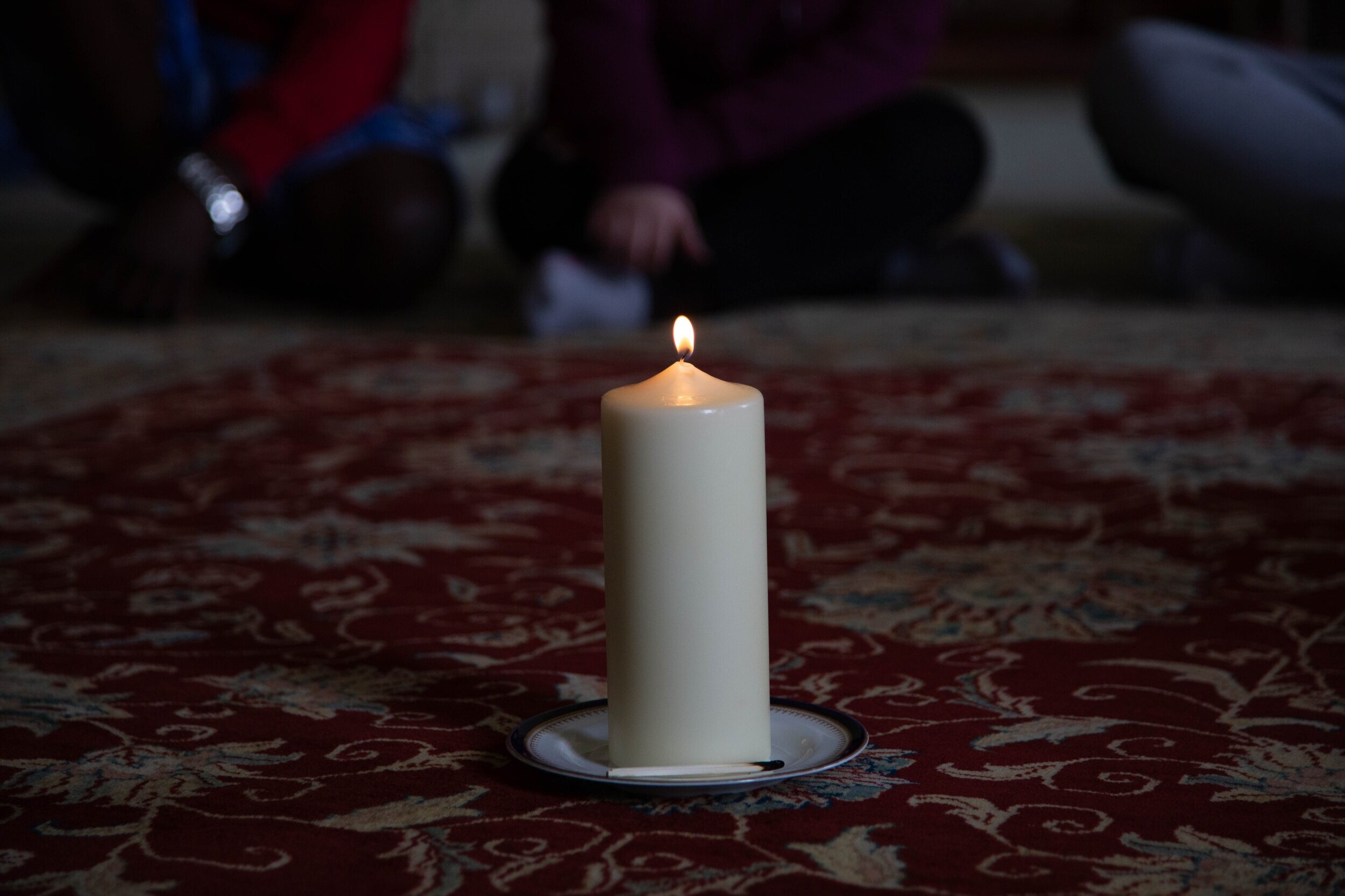
Therapy
About our Therapy Department
We engage with the creative arts therapies and use the recommended phased-oriented approach to trauma care. Our methodology is drawn from ancient practices of mindfulness and yoga with up-to-date evidence based scientific research, neuroscience, Jungian psychology, Laban movement, play theory, attachment theory and developmental psychology. Our aims are to creatively engage young people whilst focusing on safety, stabilization, and self-regulation.
Weekly Classes
Relax Class
Focus: Therapeutic drop-in class for young people looking to expand their toolkit of wellbeing and relaxation practices to support their self- and co-regulation.
Detail: Our Drama and Movement Therapists hold a weekly space, often with an invited artist, that uses storytelling, mythology, image-based practice, song, movement, poetry, art making and music to work with the entire young person. This style of therapy does not ‘treat’ people in a medical sense but engages with the whole person, finding moments of safety and healing through self-expression. The main aim of this space is to offer the young people a sense of community, an opportunity to create friendships, share feelings and concerns and offer practical body focused strategies and tools to manage and cope with trauma, stress, insomnia, and chronic pain. It’s also a space where we can catch issues with visas, social care, education, and housing so referrals can be made to our caseworker team.
When/Where: Tuesdays, 4-6:30pm CR0 1ND (Term Time)
For Whom: UASC’s aged 15-19. Open to referrals.
Crisis Support
1-1 Therapy
Focus: For young people in crisis who cannot access mental health support elsewhere due to oversubscription of services or insufficiency of method.
Details: One to one therapy holds more emphasis on the therapeutic relationship, as an organisation we believe the most important aspect of and the greatest indicator for successful therapy and healing is not held in the techniques used but in the quality of the therapeutic relationship. There is constant attention to consistency, stability, safety, empowerment, and autonomy. Trauma symptom reduction through grounding, movement and breathing techniques can happen in a much more nuanced way, ensuring the therapeutic journey is young person led rather than funder or project outcome focused. Our one-to-one therapy service is not time limited, and we are currently providing long term therapy with most of the young people who sign up, to date that ranges from one school term to 4 years.
FAQ: Why don’t you use translators? We choose consciously not to work with translators. We don’t want to get lost in the spoken word we want to explore through play. Also, the ethics of bringing a therapeutically untrained individual, whose availability and consistency may interrupt or fracture the safety of the space is too much of a risk in our opinion. What we focus on is longevity, as our therapeutic service is not time limited, many of the young people we support engage therapeutically over several years. PFP believes if we truly want to heal trauma, we must create an environment where space and time can be given to each unique individual so they can rebuild trust and safety at their own pace.
When/Where: At the convenience of young people’s schedules. Online or in-person.
For Whom: Only available to young people already participating with one or more of our other departments.
Meet Our Therapy Team
Therapy Team Manager: Becky Finlay-Hall / b.finlayhall@playforprogress.com
Team Photos: ©EmmaBrownPhotography
Nina Mdwaba
Position: Drama & Movement Therapist
Qualifications: MA, HCPC, BADth Drama & Movement Therapist
Other Skills: Poet
Marisa Isidore
Position: Drama & Movement Therapist
Qualifications: MA Royal Central School of Speech and Drama; BA Drama Hons. Kingston University
Other Skills: Reiki Master, Meditation
We offer in-house supervision to all of our therapists, ensuring that the health and wellbeing of both the young person receiving therapy and the therapist delivering it are supported and feel cared for and valued. Our multidisciplinary casework team also works to make sure the different departments within our organisation are sharing appropriate information, so that we can provide the highest level of care to the young people we serve.
Nina (she/they) studied at The Royal School of Speech & Drama for their MA in Drama & Movement Therapy they are a South African-born Spoken-word artist, writer, performer, and Dramatherapist/Creative Arts psychotherapist. Nina’s therapeutic practice focuses on adopting an intersectional and trauma-informed lens with a variety of clients including Gender Based Violence survivors, Young People with Special Educational Needs, and Young People Seeking Asylum.
Nina first gained interest in working with Young Asylum seekers in 2018 when working on a multicultural dance collaboration project with Maryhill Immigration Network (MIN) whilst undergoing their undergraduate studies at the University of Glasgow. The following year they volunteered with MIN again as an after-school Speech and Drama club facilitator. Nina first joined PFP as a Drama and Movement therapy trainee on placement in the final year of their MA program. Since graduating they have been one of PFP’s weekly core members of staff. Nina’s passion for working with this client group springs from her interest in social justice, engaging with multicultural communities, and supporting those who are underrepresented in society, cast aside, deemed voiceless, and/or lacking access to basic mental health care.
Becky studied at The Royal School of Speech & Drama for her MA in Drama & Movement Therapy and later returned to complete her Creative Arts Supervision Training. In 2023 she graduates from The Minded Institute as a Yoga Therapist.
She has worked creatively and therapeutically supporting refugee communities here in the UK and abroad for over 20 years. She has been part of the UK based Western Sahara Solidarity movement since 2010 which has included the running of arts programmes annually in the Saharawi Refugee camps in Algeria. Becky has also designed and delivered trainings and creative workshops around creativity, trauma and stress management in schools, youth groups, social care, and different arts organisations across the UK, work abroad includes supporting volunteers and refugees on Lesvos solidarity PIPKA Refugee Camp and creative trauma training with staff at the gender-based violence charity The Women’s Support Centre in Yerevan, Armenia.
Her work around Refugees, Trauma, Creativity & Dramatherapy has been presented at The Sesame Institute, UCL University College London, LSE London School of Economics Refugee Week, The University of Manchester, PPLG Conference Thessaloniki, Storytelling for Refuge/Storytelling as Refuge University of South Wales, Bristol Fair Saturday, Rebel Tuesdays London & Western Sahara UK Solidarity Conference. She has also published articles in the Sesame Journal & has featured on The Chiminea Show ‘PTSD Special’ on Riverside Radio.
Becky Finlay Hall
Position: Head of Therapeutic Practice & Organisational Health and Lead Drama & Movement Therapist
Qualifications: MA, HCPC, BADth, Drama & Movement Therapist / NCIP Yoga Therapist, and Creative Arts Clinical Supervisor
Theo Kostidakis
Position: Drama & Movement Therapist
Qualifications: MA, HCPC, BADth Drama & Movement Therapist
Theo studied at The Royal School of Speech & Drama for his MA in Drama & Movement Therapy and has additional training in Systemic Psychotherapy and Counselling and an MA in architecture. He is also a shadow puppeteer, in Greek traditional shadow theatre.
Theo works in private practice offering dramatherapy sessions to adults and children. He has worked extensively with children of all ages, often with complex and multiple needs, offering culturally sensitive, trauma-informed therapy within school and colleges. Over the last eight years, Theo has worked with unaccompanied asylum-seeking young people as a drama facilitator and keyworker in Cyprus, as a Dramatherapist in Greece and the UK, and as the national manager of therapeutic services for separated children at the British Refugee Council.
As a drama facilitator and shadow theatre practitioner, Theo has delivered workshops and performances in Greece and Cyprus, with a focus on socially excluded children and families. He has also offered training and lectures on dramatherapy as a guest lecturer in various UK-based universities and has presented his work in many national and international conferences.



